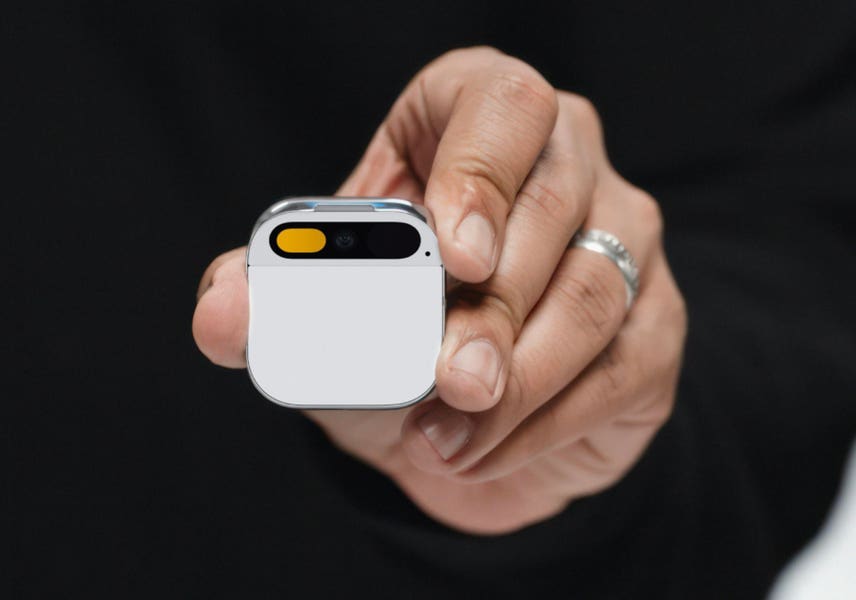Humane introduced a novel AI wearable device last week, designed to be worn around the neck. This innovative gadget operates with a standard mobile subscription and allows users to make calls as needed. Despite the initial excitement, the reception to this screenless device, devoid of apps, priced at an additional \(24 per month on top of the \)700 cost, has been far from positive. Criticism and negative reports have abounded, with many experts predicting its inevitable failure. However, amidst the skepticism, there are valuable insights to be gleaned, especially in light of enlightening comments by Bill Gates, the renowned founder of Microsoft, shared recently on Reddit.
Described as an AI Pin by Ars Technica, this device features a “scary in-your-face camera” and is likened to a hybrid of Google Glass and voicemail. Business Insider criticizes its “awkward” nature, asserting that it cannot replace the functionality of a standard phone. Techcrunch draws parallels to the ill-fated Tale Clip lifelogging camera, highlighting its resemblance to the Humane AI Pin.
Despite the criticisms, the AI Pin represents an ambitious endeavor to integrate external processing capabilities into human interactions. Beyond its technical specifications like the 13MP camera, GPS, mobile connectivity, and various sensors, the device aims to leverage ChatGPT to offer pervasive AI support seamlessly integrated into daily life, without the barrier of an XR helmet like Apple Vision Pro.
Bill Gates, in a recent discussion on Reddit, delved into the transformative impact of AI on computing devices. He emphasized the imminent shift towards a more intuitive interaction model where users can simply articulate tasks in natural language, eliminating the need for distinct apps for different functions.
Humane’s approach of eschewing traditional software or an app ecosystem in favor of the AI Van framework is intriguing. This framework aims to intuitively understand user needs and seamlessly connect them with relevant AI services or expertise, streamlining the user experience.
While the AI Pin may face challenges due to its pricing and limited functionality compared to smartphones, it offers a unique perspective on the future of device integration. As technology evolves, the role of AI companions like the AI Pin may redefine how individuals interact with computing systems, potentially reshaping the software market as we know it.
In conclusion, as Bill Gates aptly notes, AI companions are poised to revolutionize human-computer interactions, ushering in a new era where brokers, not apps, will drive user experiences. This paradigm shift could mark the most significant transformation in computing since the transition from command-line interfaces to graphical user interfaces on platforms like iOS and Android.






